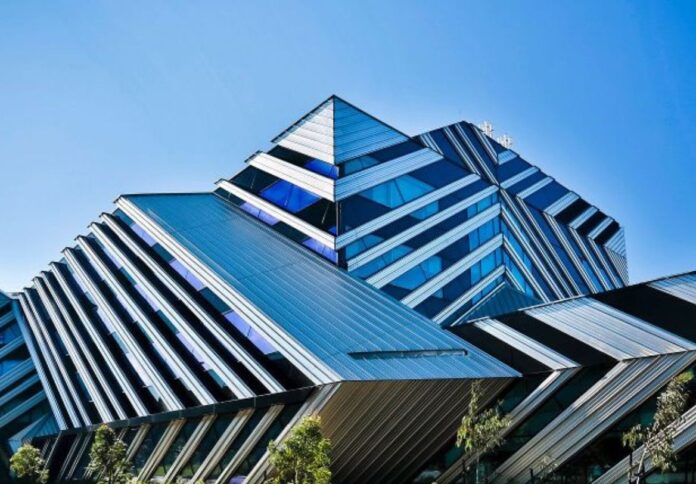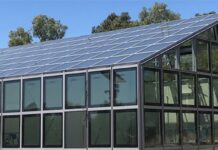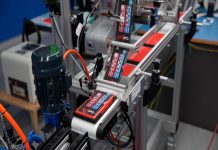
The world’s attention is now on Monash University for a recently published study that seeks to help nuclear-propelled submarines to remain underwater, undetected and for much longer.
The study, published in Nature Communications, features lead author Professor Michael Preuss, a world expert in nuclear materials research and member of Monash’s Faculty of Engineering.
The paper identified a critical corrosion mechanism of nuclear fuel cladding material that is affected by how the material is processed.
Zirconium alloy, the ultrathin material used in nuclear submarines, serves as a barrier between the nuclear fuel and the water surrounding it.
Manufacturers have faced difficulties in accurately predicting the lifespan of the cladding, wasting time, resources, and potentially, millions of dollars.
“Nuclear submarines are expected to run for 25 years without refuelling, which contributes to them being highly undetectable,” Preuss said. “In order to achieve this, it is important to ensure that the life of the material encapsulating the nuclear fuel can be predicted.”
The research comes amid heated discussions over AUKUS, the trilateral security pact between Australia, the United Kingdom, and the United States announced in September 2022.
Australia is slated to announce what type of nuclear submarines it will acquire in March. This will mark the first time Australia has operated nuclear submarines, having used diesel-driven submarines, which require regular refuelling, unlike their modernised counterpart.
Professor Preuss emphasised the significance of submarines in safeguarding Australia’s supply chain and keeping the country’s waters open and safe.
“The pandemic has demonstrated how vulnerable Australia is because the supply chain can be very easily interrupted. The submarines would increase the chances that the supply chain will not be interrupted because they’re a deterrent,” the Monash University professor said.
Monash plans to lead the charge of Australian researchers that seek to focus on nuclear engineering and, more specifically, nuclear materials.




















